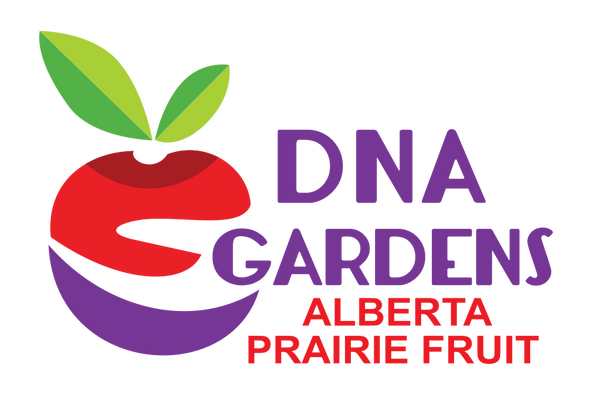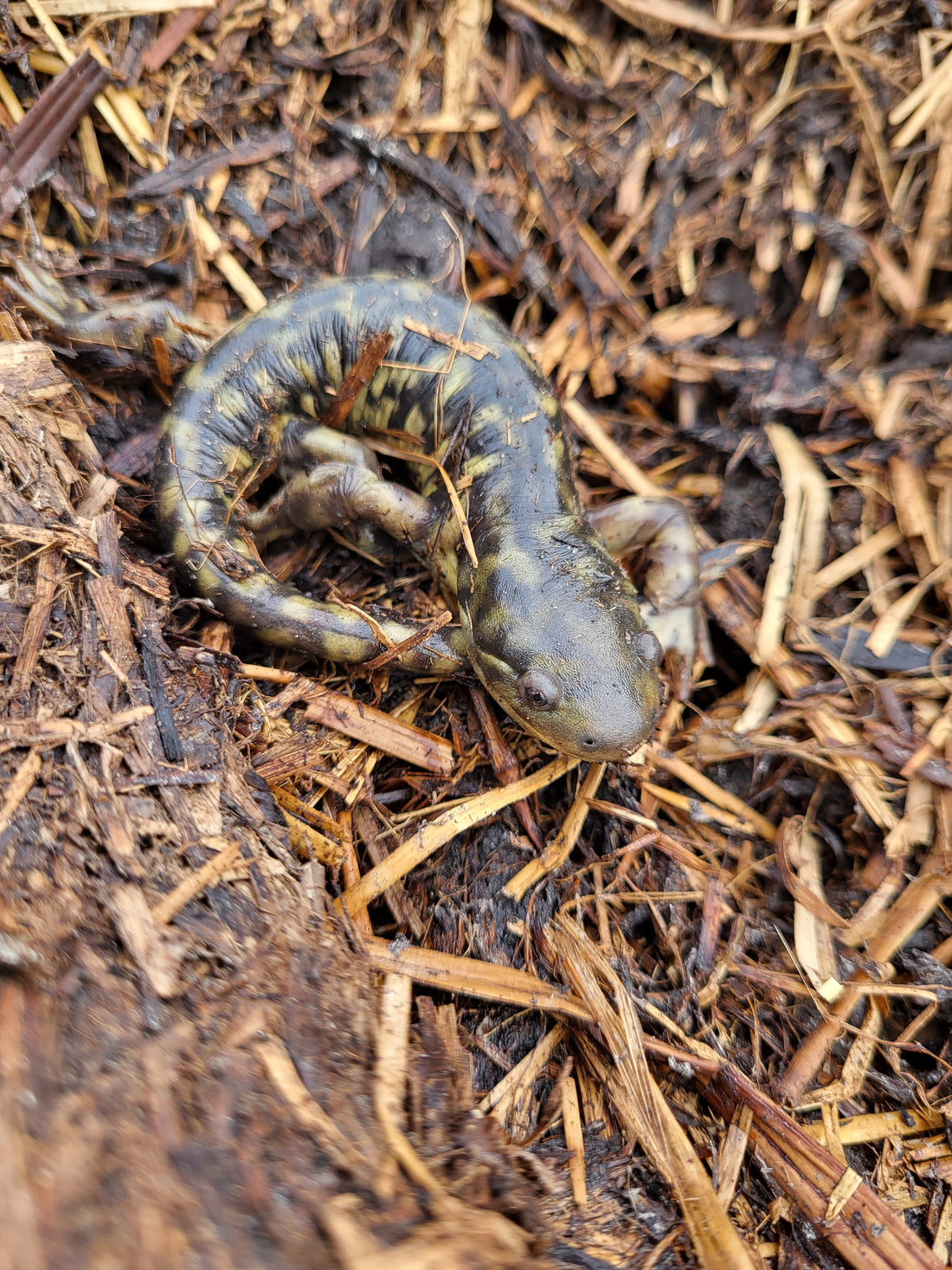Last year at DNA Gardens we started our first LARGE compost pile. We used the straw we had been sitting on for years and mixed it together with cow manure from a neighboring farm. We started out with a long pile and laid irrigation over top. We watered our pile in the heat of an Alberta summer. They say a good compost pile is a mix of Browns (Carbon) and Greens (Nitrogen). If it’s too dry add more greens and if it’s too wet add more browns. Hopefully next year I will be able to convince Dave and Arden that adding more greens will suffice to dampen the pile...and hopefully I'm right... My experience with composting comes from my time on Vancouver Island where everything is wet most of the year. I do still believe in the magic of the micro biota though!
We started the pile late summer early fall and it stayed hot in the center until freeze-up. I even found a newt crawling up the pile in October, attracted to the heat radiating off the pile. They say you want your compost to be between 40 and 60 degrees Celsius. If the pile get too hot the beneficial microbes will die off but if the pile doesn’t warm up enough, seeds, pest eggs and bad bacteria can survive. We took the temperature of our pile 1-2 times a week and tuned it about the same amount. We were achieving temperatures between 20-50 degrees Celsius but wanted to reach that 60 degrees.
We didn’t have more greens to add at the time (we were waiting on our mower attachment so we could collect grass) and the pile was too dry. Before the freeze came, we took the elongated pile and scooped it all into one massive and tall pile. The next day we had 60 degrees Celsius consistently through the entire pile. The whole time all we needed to do was condense the pile a bit to get it really cooking!
No one has checked on it over the winter. We had about 3 months of active composting and could see the organic matter deteriorating but not all had turned to back gold. Hopefully a couple more months in the spring and we’ll be ready to distribute the finished compost through the orchard. Our only problem is that we don’t have enough for our 25 acres of orchard. So begins DNA’s Composting program, in 2024 we hope to make as much compost as we possibly can to feed our plants, mulch the ground and add nutrients to the soil.
Written by Skye K.
Horticulturist at DNA Gardens

